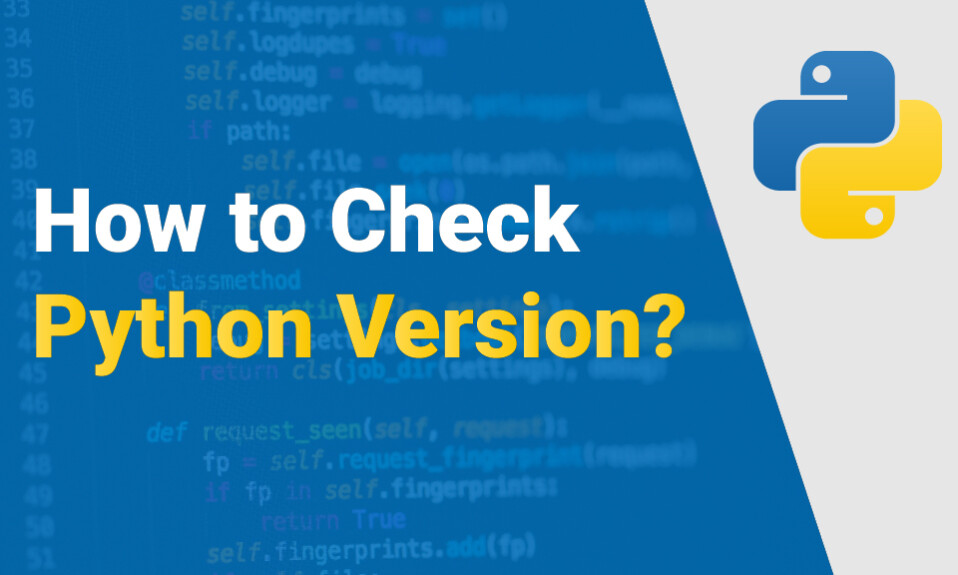Welcome to our guide on declaring a variable in JavaScript! One of the fundamental concepts in JavaScript programming is the ability to declare variables. Variables serve as containers for storing and manipulating data within your code.
Whether you’re a beginner or an experienced developer, understanding variable declaration is crucial for writing efficient and organized JavaScript code. In this article, we will explore the basics of declaring variables in JavaScript and provide practical examples to help you grasp the concept.
Key Takeaways:
- Variables play a pivotal role in JavaScript programming.
- Declaring a variable involves assigning a name and specifying its data type.
- JavaScript offers three keywords for variable declaration: var, let, and const.
- Understanding the difference between these keywords is essential for proper variable assignment.
- By mastering variable declaration, you can enhance the efficiency and readability of your JavaScript code.
Understanding Variable Declaration in JavaScript
In the world of JavaScript programming, declaring variables is a fundamental concept that forms the building blocks of your code. In this section, we will explore the significance of variable declaration and delve deeper into the various aspects of this crucial process.
Data Types and Syntax
When it comes to variables, JavaScript supports different data types, including numbers, strings, and booleans. Each data type serves a specific purpose and determines how the variable behaves and interacts with other elements in your code.
- Numbers: Variables declared as numbers facilitate mathematical operations and calculations. They can represent both integers and decimal values.
- Strings: Strings are used to store and manipulate textual data, such as names, addresses, or any collection of characters within quotation marks.
- Booleans: Booleans represent two states, either true or false. They are commonly used for logical decisions and conditional statements.
Now that we understand the different data types, let’s explore how to declare variables using the ‘var’, ‘let’, and ‘const’ keywords.
Syntax and Usage
In JavaScript, there are three ways to declare variables: ‘var’, ‘let’, and ‘const’.
varis the oldest and most widely supported method for declaring variables. It has a function-level scope, which means the variable is accessible within the function it is defined in or globally if declared outside any function.
let was introduced in newer versions of JavaScript and offers block-level scoping. This means the variable is limited in scope to the block of code it is declared in, such as within loops or conditional statements.
constis used to declare variables that should not be reassigned. It also has block-level scope, similar to ‘let’. Once a value is assigned to a ‘const’ variable, it cannot be changed.
Let’s visualize these differences in a handy table:
| Keyword | Scope | Reassignment |
|---|---|---|
| var | Function-level scope | Allowed |
| let | Block-level scope | Allowed |
| const | Block-level scope | Not allowed |
This table clearly illustrates the distinctions between the three variable declaration keywords in terms of scope and reassignment capabilities.
Examples of Variable Declaration in JavaScript
In this section, we will provide practical examples to illustrate how to declare variables in JavaScript. These examples will showcase different variable types and demonstrate their syntax and usage. By understanding these examples, you will gain a better grasp of how to effectively declare variables in your JavaScript code.
Example 1: Declaring a Number Variable
To declare a number variable in JavaScript, you can use the ‘var’, ‘let’, or ‘const’ keyword, followed by the variable name. Here’s an example:
// Using the 'var' keyword var age = 25; // Using the 'let' keyword let temperature = 32.5; // Using the 'const' keyword const pi = 3.14;
In the example above, we declared three number variables: ‘age’, ‘temperature’, and ‘pi’. Each variable is assigned a specific value.
Example 2: Declaring a String Variable
Similarly, to declare a string variable, you can use the ‘var’, ‘let’, or ‘const’ keyword, followed by the variable name. Here’s an example:
// Using the 'var' keyword var name = "John"; // Using the 'let' keyword let message = "Hello, world!"; // Using the 'const' keyword const website = "example.com";
In the example above, we declared three string variables: ‘name’, ‘message’, and ‘website’. Each variable is assigned a specific string value.
Example 3: Declaring a Boolean Variable
To declare a boolean variable, you can use the ‘var’, ‘let’, or ‘const’ keyword, followed by the variable name. Here’s an example:
// Using the 'var' keyword var isLogged = true; // Using the 'let' keyword let isActive = false; // Using the 'const' keyword const isComplete = true;
In the example above, we declared three boolean variables: ‘isLogged’, ‘isActive’, and ‘isComplete’. Each variable is assigned a specific boolean value.
Example 4: Assigning and Reassigning Values
In JavaScript, you can assign values to variables and later reassign new values to the same variables. Here’s an example:
// Assigning an initial value var age = 25; // Reassigning a new value age = 30;
In the example above, we initially assigned the value 25 to the ‘age’ variable. Later, we reassigned a new value of 30 to the same variable.
Example 5: Using Mathematical Operations
Variables in JavaScript can also be used in mathematical operations. Here’s an example:
// Declaring number variables var x = 10; var y = 5; // Performing addition var sum = x + y; // Performing subtraction var difference = x - y; // Performing multiplication var product = x * y; // Performing division var quotient = x / y;
| Operation | Result |
|---|---|
| Addition (x + y) | 15 |
| Subtraction (x – y) | 5 |
| Multiplication (x * y) | 50 |
| Division (x / y) | 2 |
In the example above, we declared two number variables, ‘x’ and ‘y’, and performed various mathematical operations using these variables. The table provides the results of each operation.
Conclusion
In conclusion, this article has provided a comprehensive guide on how to declare a variable in JavaScript. By mastering the art of variable declaration, you are now equipped to write more efficient and effective JavaScript code.
Variables play a crucial role in programming as they allow you to store and manipulate data. By declaring variables, you give them a name and specify their data type, which helps improve code readability and maintainability.
Throughout this article, we explored the different syntax options for declaring variables in JavaScript, including the use of the ‘var’, ‘let’, and ‘const’ keywords, as well as the various data types available. We also provided practical examples to reinforce your understanding of variable declaration.
As you continue your programming journey, remember to incorporate variable declaration techniques into your coding practices. This will not only enhance your problem-solving skills but also make your code more organized and efficient.
FAQ
What is a variable in JavaScript?
A variable in JavaScript is a named storage that programmers use to store data values. JavaScript uses the `var`, `let`, or `const` keywords to declare variables.
How do I declare a variable in JavaScript?
To declare a variable in JavaScript, you can use the `var`, `let`, or `const` keyword followed by the variable name. For example:
– Using `var`: `var myVariable;`
– Using `let`: `let myVariable;`
– Using `const`: `const myVariable = ‘initialValue’;`
What’s the difference between `var`, `let`, and `const`?
`var` declares a variable with function-scope or globally-scoped, and it can be updated and re-declared within its scope.
`let` declares a block-scoped local variable, which can be updated but not re-declared.
`const` declares a block-scoped variable that cannot be updated or re-declared. It requires an initial value.
Can I declare a variable without assigning a value?
Yes, with `var` and `let`, you can declare a variable without assigning a value. The variable will have an `undefined` value. However, `const` requires an initial value at the time of declaration.
How do I assign a value to a variable?
You can assign a value to a variable using the assignment operator `=`. For example: `let myVariable = ‘Hello, World!’;`
Is it necessary to always use `var`, `let`, or `const` to declare a variable?
Yes, it is a best practice to always use `var`, `let`, or `const` to declare variables. Declaring variables without one of these keywords will create global variables, which can lead to unexpected behavior in your code.
Can a `const` variable change its value?
No, a `const` variable cannot be updated or re-declared. However, if it holds an object or array, the object or array’s properties can be updated.
What happens if I re-declare a variable using `let` or `const` in the same scope?
Re-declaring a variable using `let` or `const` in the same scope will result in a SyntaxError. However, `var` allows re-declaration in the same scope.
How do I choose between `var`, `let`, and `const`?
Use `let` for variables that change their value in your code.
Use `const` for variables whose value should not change after assignment.
Limit the use of `var` to maintain block scope and avoid re-declaration issues.








